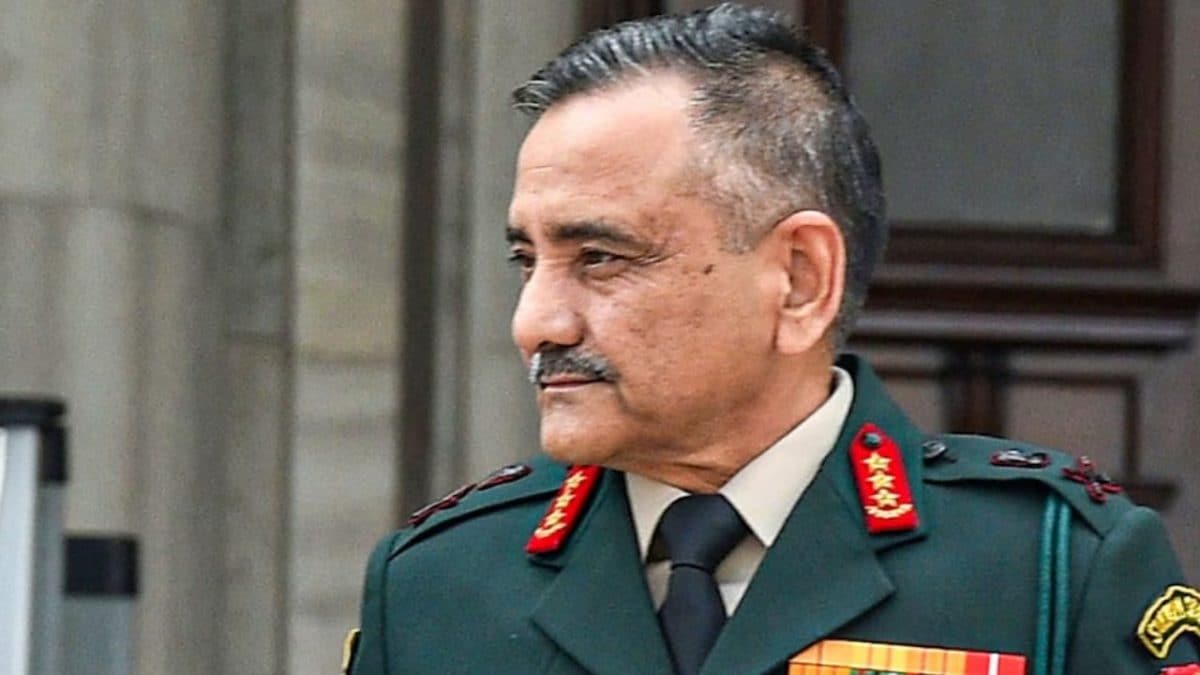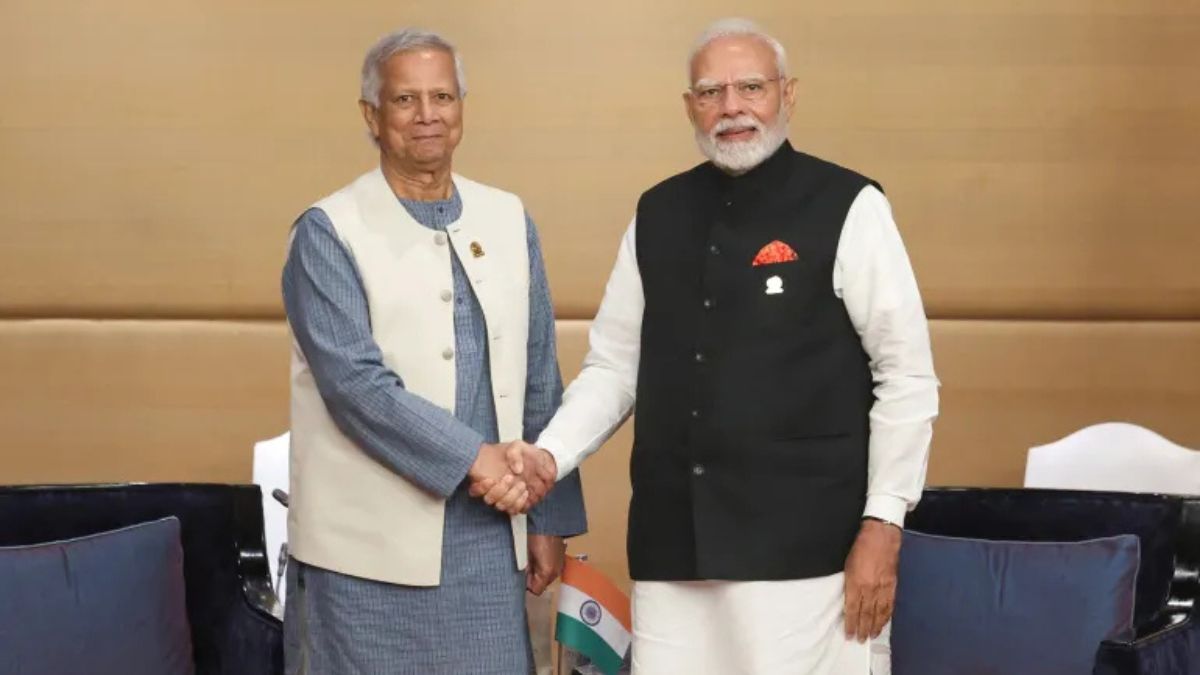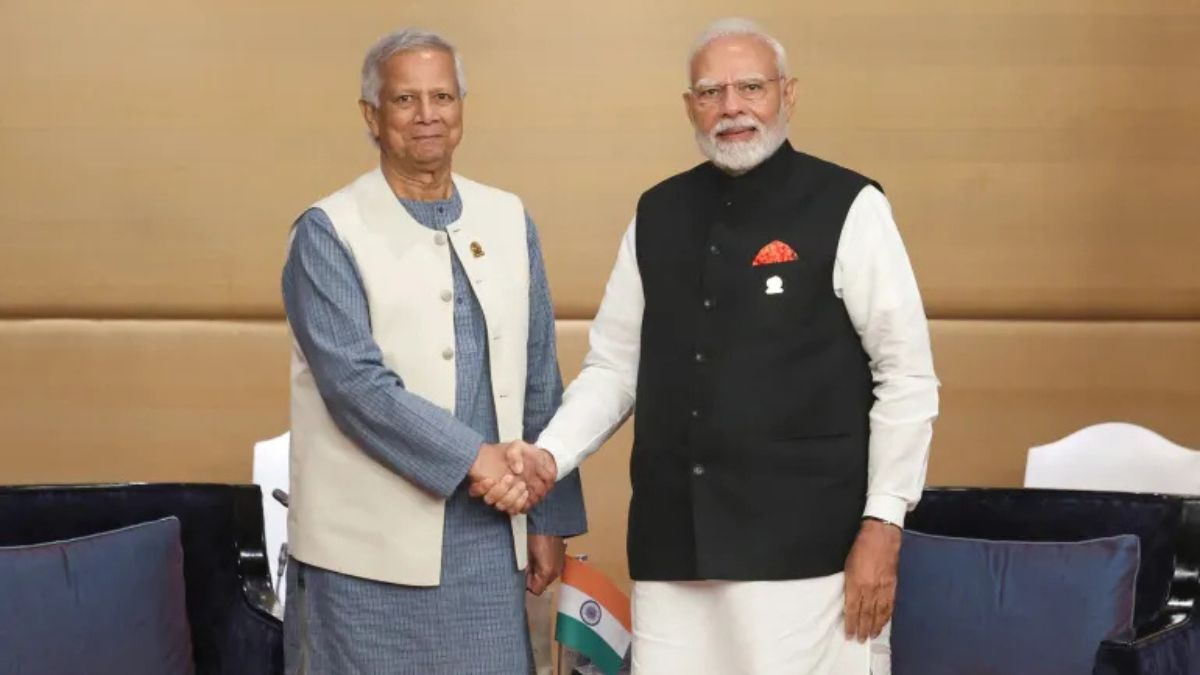Defence Minister Rajnath Singh on Monday praised India’s economic stability and projected growth, contrasting it with the uncertain future of neighbouring Pakistan, which he said remained on the brink of instability.
Speaking at the launch of former Minister of State for External Affairs MJ Akbar’s new book After Me, Chaos: Astrology in the Mughal Empire, Singh said India is on track to become one of the world’s leading economies.
#WATCH | At the launch of the book 'After Me, Chaos
— ANI (@ANI) October 6, 2025
Astrology in the Mughal Empire' by Former MoS MEA, MJ Akbar, Defence Minister Rajnath Singh says, "...At present, India is the fourth-largest economy in the world. India is heading towards becoming the 3rd biggest economy...If… pic.twitter.com/eizoLxJjvy
“At present, India is the fourth-largest economy in the world. India is heading towards becoming the 3rd biggest economy by 2030. As per average growth rates by the IMF, India is on the way to becoming the world’s second-largest economy in terms of purchasing power parity (PPP) by 2038," Singh said.
Highlighting the contrast between India and its neighbours, Singh added, “If you look at some South Asian countries, you will realise how stable India is," crediting the country’s economic resilience to a series of transformative reforms.
Impact Shorts
More ShortsThe Defence Minister also referenced Akbar’s earlier analysis of Pakistan, recalling the author’s description of the country as a “jelly state”— unstable but still intact.
“Considering Pakistan’s current state, only the Almighty knows what the future holds for it. I don’t want to talk about the future," Singh said.
Akbar had first used the term in his 2012 book Tinderbox: The Past and Future of Pakistan, where he described Pakistan as a “toxic jelly state”, a nation that neither stabilises nor collapses, held together by international support and its nuclear arsenal.
This comes days after Singh accused Pakistan of expanding military infrastructure in the disputed Sir Creek region along the India-Pakistan border, and issued a strong warning saying that any misadventure by Pakistan would provoke a decisive response that can alter its both history and geography.
“Even after 78 years of independence, a dispute over the border in the Sir Creek area is being stirred up. India has made several attempts to resolve it through dialogue, but there is a flaw in Pakistan’s intentions; its intentions are not clear. The way in which the Pakistan army has recently expanded its military infrastructure in areas adjacent to Sir Creek reveals its intentions,” Singh said while addressing an event in Gujarat.
“Any misadventure will invite a decisive response that can alter both history and geography,” he added.
Sir Creek, a 96-kilometre tidal estuary located between Gujarat’s Kutch region and Pakistan’s Sindh province, remains a longstanding territorial dispute. India maintains that the boundary lies midstream, while Pakistan claims it lies along the eastern bank—closer to Indian territory.
Singh accused Pakistan of attempting to challenge India’s defences along the entire frontier, from Leh in Ladakh to Sir Creek in Gujarat.
“Pakistan attempted to breach India’s defence from Leh to Sir Creek, but failed. Today’s India says that whether it is terrorism or any other kind of problem, we have the capability to deal with and defeat it,” he said.
With inputs from agencies


)

)
)
)
)
)
)
)
)



